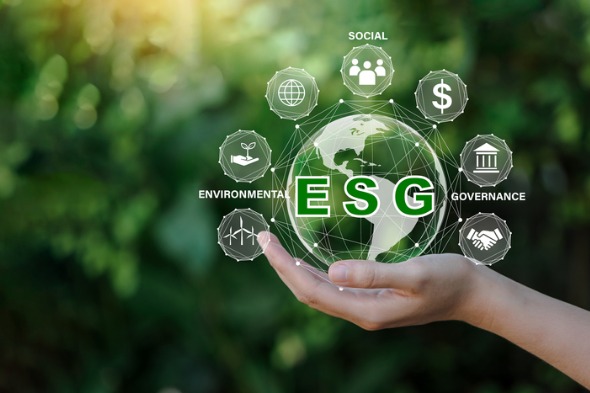Good news for Dutch NGOs and other representative organisations! Yesterday, the Dutch government confirmed that it will not investigate whether tighter restrictions should be imposed on NGOs and other representative organisations that file ESG related collective actions against the Dutch State.
The Dutch government concluded that since NGOs and representative organisations have a special role and position when it comes defending ESG principles, and since access to justice is a fundamental right, there is currently no place for imposing additional legal barriers.

Since the introduction of the Dutch collective actions regime “WAMCA” three years ago, the Netherlands has had a single legal regime for bringing collective claims for damages. Under the WAMCA, associations or foundations (representative organisations) can represent the interests of certain groups of persons. Representative organisations can also represent general interests in collective actions under the WAMCA, including ESG related interests.
As a result, in the past three years representative organisations commenced eleven ESG related WAMCA proceedings against the Dutch State. These proceedings revolve around discrimination, environment, data & privacy, housing, labour and other ESG related topics.
In response, the Dutch House of Representatives adopted a motion on 21 February 2023 requesting the Dutch government investigate whether additional requirements should be imposed on representative organisations that initiate ESG driven litigation against the Dutch State. This motion is somewhat peculiar, since the Dutch House of Representatives is apparently satisfied with ESG related WAMCA proceedings against companies and legal persons, but at the same time considers that for ESG related WAMCA proceedings against the Dutch State tighter restrictions should apply.
The Dutch government decided yesterday, on 17 April 2023, that it will however not follow up on this motion.
In a motivated letter addressed to the House of Representatives, the Dutch government explains that strengthening of the democratic rule of law and improving access to justice would be at odds if access to justice for ESG related WAMCA proceedings against the Dutch government would be restricted by additional legal requirements on the NGOs and representative organisations that initiate them.

In the letter it was also emphasised that it is generally acknowledged among plaintiff and defence side lawyers, judges, representative organisations and other stakeholders involved with WAMCA proceedings, that Dutch courts already rigorously verify the representativeness of interest groups that file (ESG related) WAMCA proceedings. In other words: there is currently no need for imposing additional requirements.
The Dutch government has therefore decided to set the motion aside for now and that it will update the Dutch House of Representatives of the outcomes of the general evaluation of the WAMCA that is scheduled for 2025.





